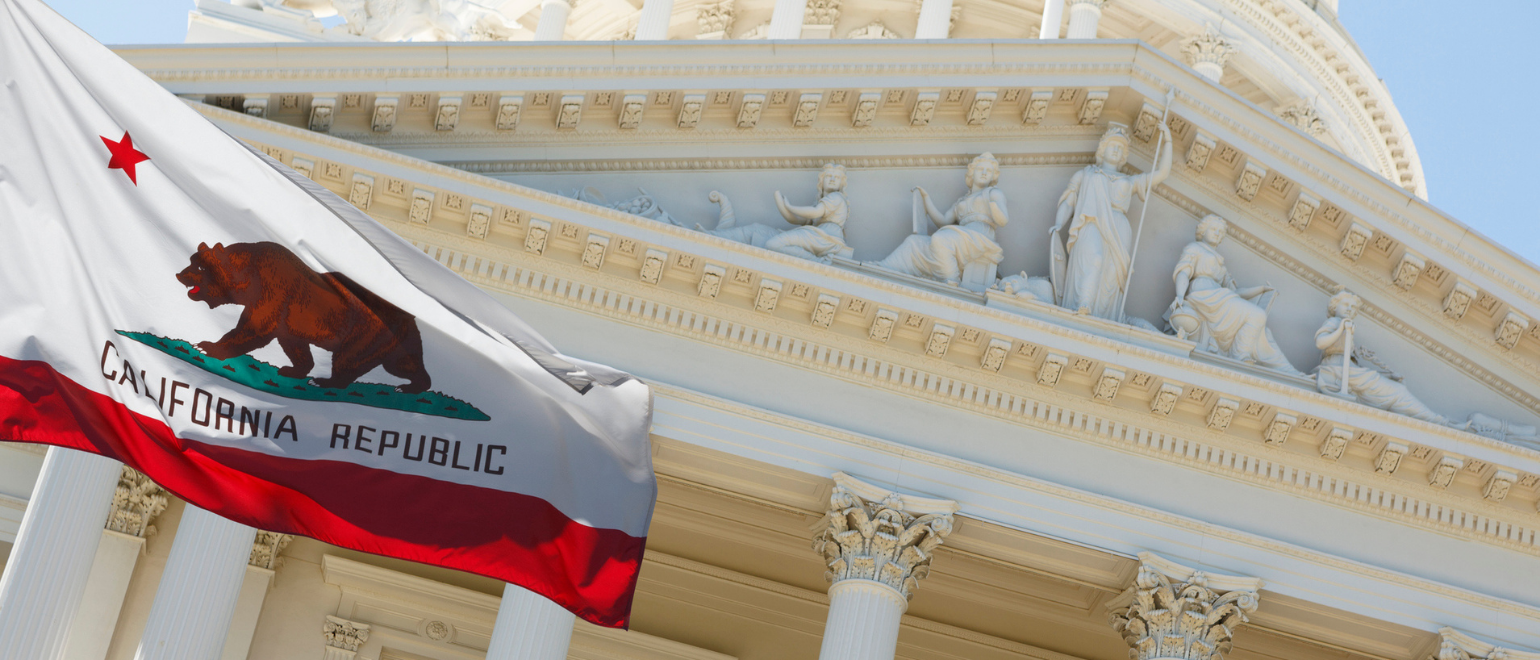The FTC and OCR at HHS are continuing to scrutinize the use of tracking technologies that may reveal information about a person’s health or health status. Both agencies recently sent a letter to a reported 130 hospitals and telehealth providers warning about the use of tracking technologies and the risks they pose. This follows on the heels of other statements, guidance, and enforcement actions from these regulators about these tools over the past two years.Continue Reading Regulators Send Warning Letter to Hospitals and Telehealth Providers About Tracking Technology Use








